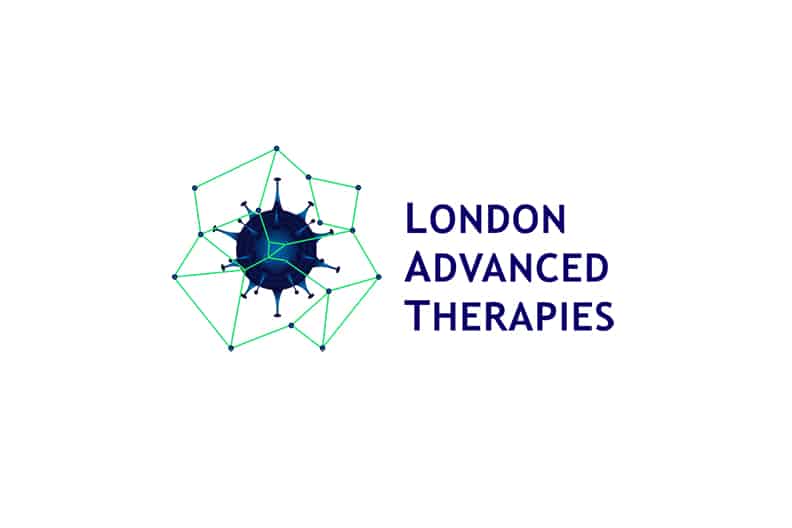Cytokine release syndrome (CRS) is one of the most significant adverse effects of chimeric antigen receptor (CAR-T) therapies that have shown very promising results in cancer treatment.
CRS could be identified as it develops by the analysis of specific cytokine and chemokine profiles (signalling proteins) that tend to exhibit similarities across patients. Machine learning algorithms or rules (computer systems with the ability to learn from past experiences) use these similarities to create an informed method for the identification of CRS based on specific cytokine peak concentrations and evidence from previous clinical studies. One constraint of machine learning is limited training data. In this case, patient cytokine concentrations with statistical knowledge were extracted from available literature. This paper argues that such methods could support clinicians in analysing suspect cytokine profiles by matching them against CRS knowledge from past clinical studies, with the aim of swift CRS diagnosis.
We evaluate our proposed methods under several design choices, achieving performance of more than 90% in terms of CRS identification accuracy, and showing that many of our choices outperform a purely data-driven alternative. During evaluation with real-world CRS clinical data, we emphasize the potential of our proposed method of producing interpretable results, in addition to being effective in identifying the onset of cytokine storm.
The patient sample analysis and proposed method in this paper was supported by the iMATCH programme.
Link to full published paper: Meta-analysis informed Machine Learning: Supporting Cytokine Storm Detection during CAR–T cell Therapy


